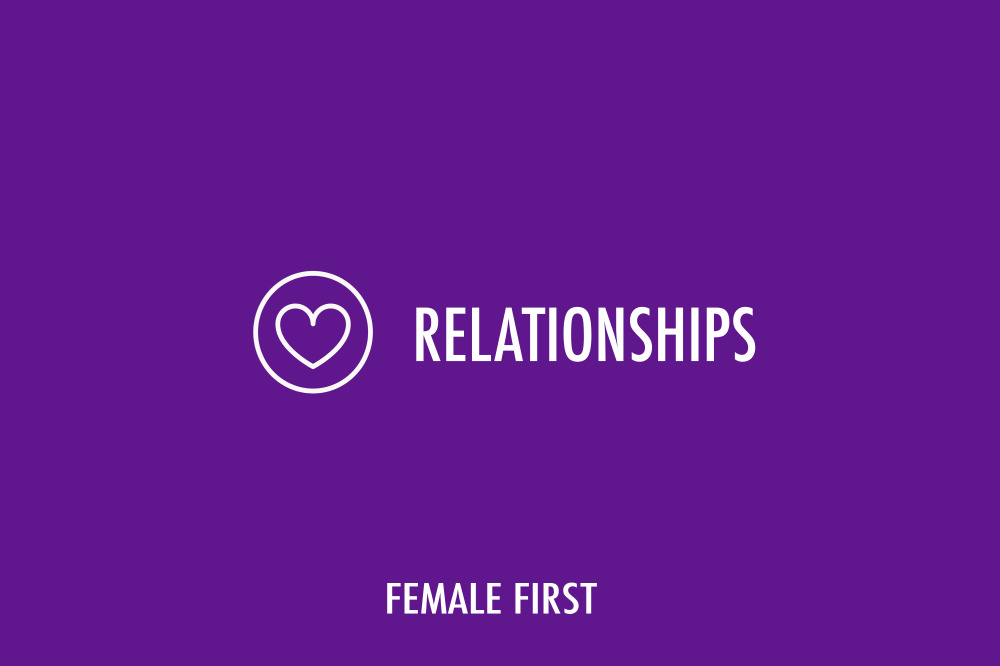In most stalking cases the stalker is known to the victim – about 45% of people stalked are targeted by ex-partners, and a further third have had some sort of prior acquaintance with their stalker; be it someone they’ve married, dated, worked with or been friends with.

Relationships on Female First
Stalking is a pattern of repeated, unwanted behaviour that causes distress or fear, because the perpetrator has developed an obsession with or fixation on the individual they are targeting. The victim may feel scared and may often feel confused, wondering if they are over-reacting or worse, to blame.
To help clear confusion, Rachel Griffin, Chief Executive at the UK’s longest-standing personal safety charity, the Suzy Lamplugh Trust, has identified ten ways to indicate if you are being stalked by your ex:
1) Trust your instincts. If your ex-partner’s behaviour is making you feel frightened, even though their actions are seemingly harmless, then chances are it could be stalking. Stalking consists of behaviours, which when taken at face value, may appear to be quite ordinary, but with repetition can become menacing
2) Does your ex contact your friends and family to check up on you, and do you feel they are trying to damage these relationships?
3) Have they become suspicious of you, paranoid even? Demanding to know exactly where you are going, who you are meeting? Stalkers are driven by obsession. This often takes place over a sustained period of time, meaning that at first you might not notice it happening, only realising later that somehow you are isolated from your friends and family
4) Does your ex contact you multiple times a day?
5) Do their texts / messages become aggressive, abusive and threatening if you don’t reply immediately?
6) Do they already seem to know where you are without you telling them? If so, they may be tracking you with a mobile phone app. This is another example of coercive control and a classic stalking technique – it’s not just about loitering outside your home, or workplace, which is what most people think when they hear the word stalking
7) Do they hang around outside your work? Do they ‘pop up’ numerous times a day?
8) Do they ‘keep tabs’ on you online? It’s easier than ever to ‘stalk’ people these days in cyberspace, but they may still seem to know information that you haven’t told them, or you may notice emails you haven’t opened marked read.
9) Do you know if they have previous history of stalking/harassment or domestic abuse? One of the best predictors of future behaviour is past behaviour and stalking is no exception. If they’ve done it before, it’s likely it could be happening to you
10) Do your friends and family think their behaviour is normal? Confide in friends, neighbours and colleagues.
If you are being affected by stalking, you can call the National Stalking Helpline on Freephone 0800 802 0300 or complete an enquiry form at www.suzylamplugh. org. Remember if you are ever in immediate danger, call the police on 999.
National Stalking Awareness week runs from 24th – 28th April 2017
